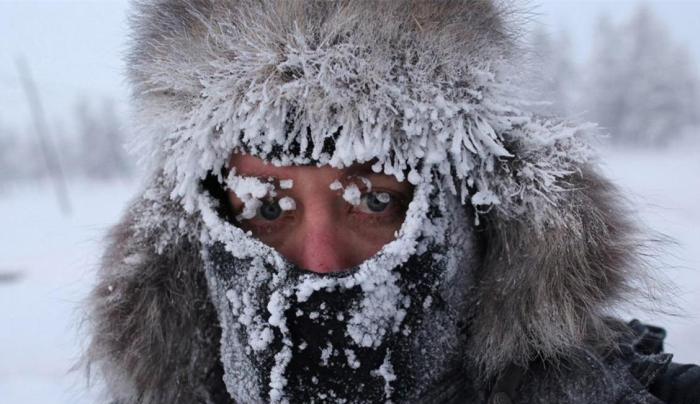When many people talk about the climate's impression of the causes of war, it is inevitable to talk about winter in Russia. The Winter of Russia seems to be synonymous with the terminator of the invincible aggressor, and the two large-scale wars of aggression in the history of the world seem to have been soft in the face of the Winter of Russia, one is Napoleon's war of aggression and the other is Hitler's war of aggression.

Some even say that without the bad weather in Russia, Napoleon would have successfully captured Moscow long ago, and so did Hitler. So, is that really the case, and we're going to talk about these two things today and analyze whether the effects of climate are really decisive factors in war.
Let's start with Napoleon's war of aggression. In June 1912, Napoleon commanded a 600,000-strong wuhuai division to attack Russia. The Russian military commander Kutuzov understood that the combat effectiveness of the Russian army could not fight napoleon with a fierce attack, and the first resort was to exchange space for time and drag down Napoleon's attack with vast land.
Kutuzov used the strategy of clearing the field, in which all Russian soldiers and civilians withdrew and transported large quantities of strategic supplies away. Therefore, napoleon was able to conquer so many lands so smoothly in the early stage, which was related to Russia's non-resistance. The advantage of this non-resistance was that Napoleon spent a large number of soldiers to defend the cities abandoned by the Russian army, and by the time Napoleon reached Smolensk, the numerical superiority of 600,000 soldiers over Russia's 300,000 soldiers had long ceased to exist. This was the number one reason for Napoleon's defeat.
The second reason was Kutuzov's fierce pre-war battle with Napoleon in Polosino, with a one-to-one casualty ratio, in exchange for the loss of combat effectiveness of Napoleon's main forces. This kind of suicidal battle was something Napoleon had never imagined, and it had been two months since he had come to Russia, and he had never encountered such crazy resistance from the Russians, resulting in Napoleon's death and injury of fifty thousand people.
The third reason was kutuzov's strategic abandonment of Moscow, but he set up an ambush in Maloa Roswitz, the only way for Napoleon's retreat, to fight a decisive battle with Napoleon. The fierce battle lasted for half a month, by this time it was the end of October, Russia was already freezing, and the Russians had exhausted all the time and place to finally defeat Napoleon. Napoleon returned home with the remaining thirty thousand men.
Next up is Hitler's invasion of the Soviet Union at the Battle of Moscow. The Battle of Moscow bore so much resemblance to Napoleon's war of aggression that even the reasons for the defeat seemed to be the same. First, Hitler chose a very unlucky time to attack the Soviet Union in June, which coincided with napoleon's army entering Russia. At the same time, the undeclared war of the German army led to the defeat of the Soviet Union in the early stages of the unprepared war. At the time of defeat, the Soviets used kutuzov's strategy of clearing the field, which was a scorched earth policy. That is, not leaving a little strategic material for the Germans made the supply of German troops a major problem.
Also in one city, Smolensk, the Germans found the frantic resistance of the Soviets and tasted the power of the Soviets. This small battle not only cost the German army a precious month and a half of time, but also made the German blitzkrieg first taste defeat.
Hitler and the German top brass underestimated the strength of the Soviet Union and wanted to occupy Moscow within twenty days of October, but the original twenty-day plan was postponed again and again because of the problems of wounded and sick supplies, material supplies, and physical weakness caused by the soldiers' long-term raids. Finally, also dragged by the Soviets to their harsh winter season, the German army was unable to move forward, and in January of the following year, the Soviets counterattacked and declared the victory of the Soviet Union, and the defeat of the German army.
Therefore, the influence of the climate affected the trend of the war to a certain extent, but the key to determining the victory or defeat of the war was the subjective factors such as strategic deployment, the justice of the defensive war, and the self-improvement of the Soviet people. As for the objective aspect of heavenly beauty, at best it is just the icing on the cake.